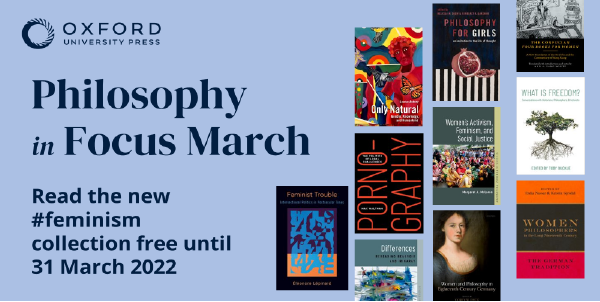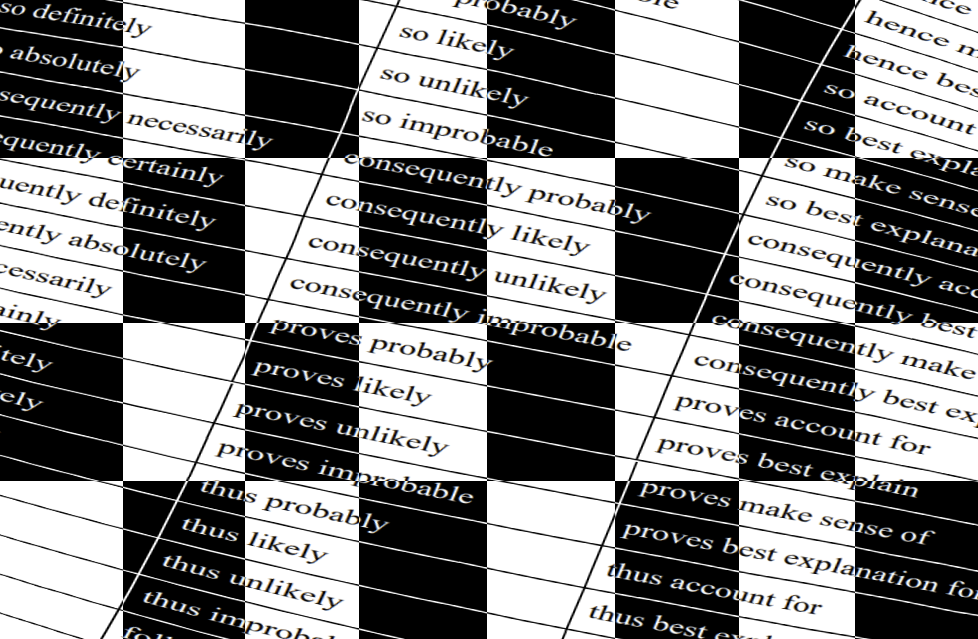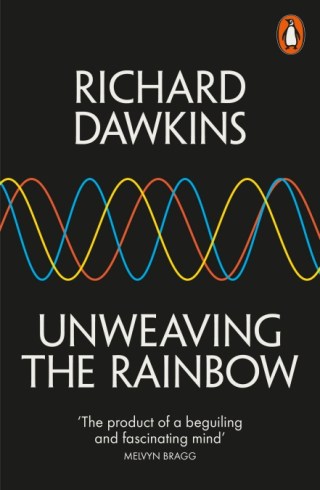If we were to find no significant differences in patterns of argumentation between the most cited male philosophers and the most cited women philosophers, then such findings could suggest that women philosophers can be just as concerned with arguments, and just as philosophically argumentative, as male philosophers supposedly are.
This won’t do. “That women philosophers can be just as concerned with arguments and just as philosophically argumentative” does not tell us whether the dominant modes of doing philosophy alienate or deter or make things more difficult for women in general. If we are looking for clues about what might be problematic with the status quo it is unclear why we’d focus exclusively on those for whom the status quo appears to be unproblematic.
Still, they think their study can speak to the credibility of the hypothesis. Here’s the relevant (given their findings) part of their response:
In “Philosophy’s Gender Gap and Argumentative Arena: An Empirical Study,” forthcoming in Synthese, Moti Mizrahi (Florida Institute of Technology) and Mike Dickinson (University of Illinois) look at the works of the 32 most-cited contemporary men and 32 most-cited contemporary women in the Stanford Encyclopedia of Philosophy and conclude:

The complaint isn’t about the presence or degree of argumentation, but rather, it seems, about argumentation mainly detached from life as we know it, or detached from the contexts in which its problems arise. That said, I have no idea whether the “degree of detachment” of philosophical work varies by gender at all, or whether a hypothesis for philosophy’s gender gap that more faithfully represents this complaint of detachment has any evidence supporting it. Perhaps someone could figure out how to empirically test for these things.
That said, I don’t think this “concerned with arguments” hypothesis for the gender gap—understood as something that could be tested by counting the number of arguments people make and whether they are deductive, inductive, or abductive—is remotely plausible.

Are the findings useful, as Mizrahi and Dickson think they are, for assessing a hypothesis about academic philosophy’s gender gap (floated by Marilyn Friedman, among others), that the mode of argumentation prevalent in philosophy, long dominated by men, deters or alienates women? Mizrahi and Dickinson explicitly acknowledge an objection that supports a negative answer to this question: that their sample of women is unrepresentative, owing to “survivor bias”:
Our results suggest that both men and women philosophers make arguments in their published works. More specifically, our data reveal no statistically significant differences between the types of arguments advanced in published works written by male philosophers and the types of arguments advanced in published works written by women philosophers. In fact, both men and women philosophers make the three types of arguments we have searched for systematically, namely, deductive arguments, inductive arguments, and abductive arguments, with no statistically significant differences in the proportions of those arguments relative to each philosopher’s body of work.
we have selected women philosophers who have managed to be successful in academic philosophy in spite of the ‘logic-chopping’ and ‘paradox-mongering’ nature of argumentation in academic philosophy… There are plenty of other women who have fought in the ‘argumentative arena’ (Alcoff 2013) of academic philosophy as well but did not survive.
Further, it seems to be a misrepresentation of the complaints about philosophy it is supposed to capture. The complaints about philosophy that Mizrahi and Dickinson quote to motivate the hypothesis characterize philosophers not simply as people who argue, or argue a lot, or who use one type of argument more than others, but rather as people who are “just logic-choppers and paradox-mongers” and who are “concerned only with arguments.”
There is no statistically significant gender difference in the argument types used by frequently cited contemporary men and women philosophers in their articles, according to a new study that uses corpus linguistic analysis to search their works for “indicator pairs” of words that are likely to differentiate between deductive, inductive, and abductive arguments.
And perhaps there is also interest in this: whether there are differences in how men and women argue about whether there are differences in how men and women argue.




